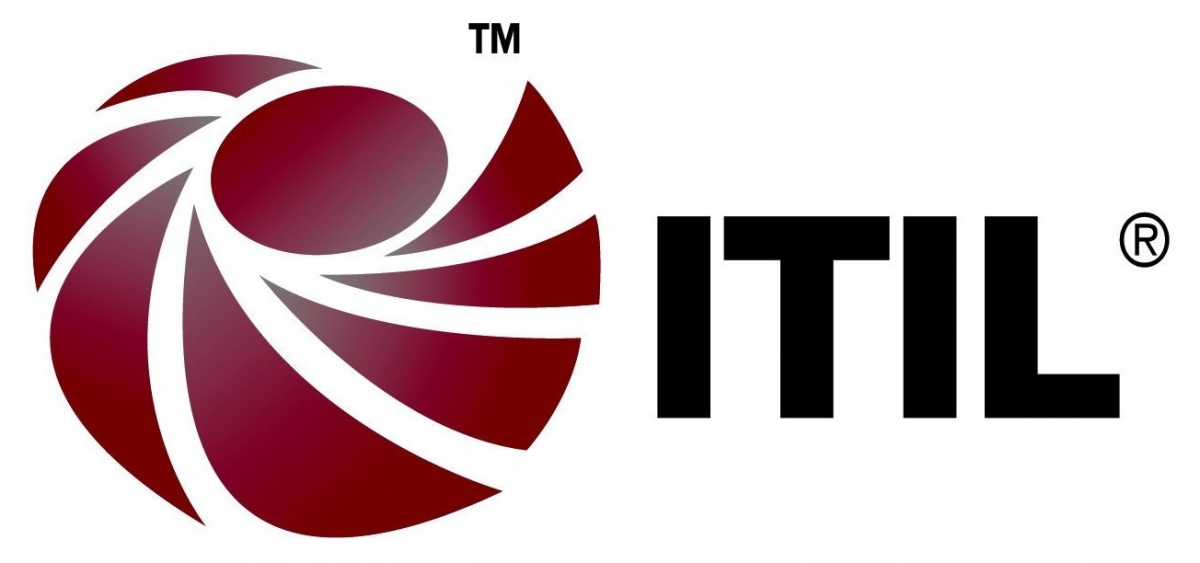In the year 1980, a collection of meaningful practices for better managing IT organizations and serving IT customers for improvement were framed as a set of methodologies or principles that is practiced by more than two million certified ITIL Online Course. These set of principles are used by more than 90% of successful organizations around the globe. With the quick changing evolution of technologies and customer needs, the ITIL version also keeps changing. According to the recent research program by AXELOS, ITIL is now becoming more crucial to enable Cloud and Big Data strategies. According to the FORBES Insights: State of ITSM 2017 report shows the importance of ITIL, in which 88% of IT executives state that ITSM is revolutionary to their digital transformation efforts. As a result, with the evolution of the IT world, AXELOS have embarked on the introduction of ITIL 4.
ITIL 4 is an evolution of ITIL v3 techniques. The meaningful practices from previous versions of ITIL are still authentic, however, the ITIL 4 have been updated to include modern practices and methods for delivering quality products and quick services to customers.
ITIL 4 Certification Path
ITIL evolved from version 3 to version 4 during 2019 with the introduction of the Foundation course and the Managing Professional Transition course. The ITIL 4 certification path, similar to that of ITIL v3, has an ITIL 4 Foundation exam and associated certification. There are less ITIL 4 intermediate courses than in ITIL v3, which now include three ITIL Specialist courses, an ITIL Strategist course, and an ITIL Leader course as follows:
- ITIL Specialist: Create, Deliver, and Support (CDS)
- ITIL Specialist: Drive Stakeholder Value
- ITIL Specialist: High Velocity IT
- ITIL Strategist: Direct, Plan, and Improve (DPI)
- ITIL Leader: Digital & IT Strategy
ITIL 4 Specialist: Create, Deliver, and Support Training Course
This section shields the ‘core’ service management venture and enlarges the present scope of ITIL to cover the ‘creation’ of assistance. This section is distinct from the combination of individual assessment courses and pursuit to produce, bring and carry IT-enabled products and services in time, also hiding supporting practices, ways, and tools. This section will also cover service accomplishment and will give specialists and sympathetic practitioners of service quality and improvement methods. It will also allow IT specialists to continue to deliver inventive yet dependable tech-permit services to their customers in a growingly aggressive market.
ITIL 4 authority Produce, Distribute, and maintenance is directed at ITSM specialist direct the functioning of IT-enabled & digital products and services, and those responsible for the end-to-end delivery. Recognized training for the ITIL leading Professional components is important to allow a full consideration of the central material. All components have ITIL 4 substructure as an essential.
Quick Refresher:
ITIL V3 lasted for a year and about 60%-70% of ITIL 4 comes from ITILV3. In ITIL 4 there are two main tracks, Managing Professional and Digital Leader. The first path to be designed by AXELOS is Managing Professional. Managing Professional consists of a total of 4 courses. AXELOS created a link course for V3 certified individuals having 17 or more credits which is known as the Managing Professional Transition course. It enables V3 certified professionals to take a single course instead of 4 in order to achieve the Managing Professional certification.
ITIL 4’s Intermediate courses where each course lasts for three days in length, and there is no mandatory order in which to take the courses. Candidates that hold PMI’s PMP credential will earn a total of 16 PDUs for the 2-day ITIL 4 Foundation course and a total of 24 PDUs for each ITIL 4 intermediate course. After earning 3 ITIL Specialist credentials and ITIL Strategist credential, you will directly earn the ITIL Managing Professional (MP) designation. This credit system is very similar to how ITIL v3, when a student qualifies the Managing Across the Lifecycle (MALC) exam, they automatically earn the “ITIL Expert” credential. After earning the ITIL Strategist and ITIL Leader credentials, they will automatically earn the ITIL Strategic Leader (SL) certification.
For a better understanding about the ITIL courses you can also refer the following:
- ITIL 4 Executive Review Course
- ITIL 4 Foundation Course
- ITIL 4 Managing Professional Transition course.



